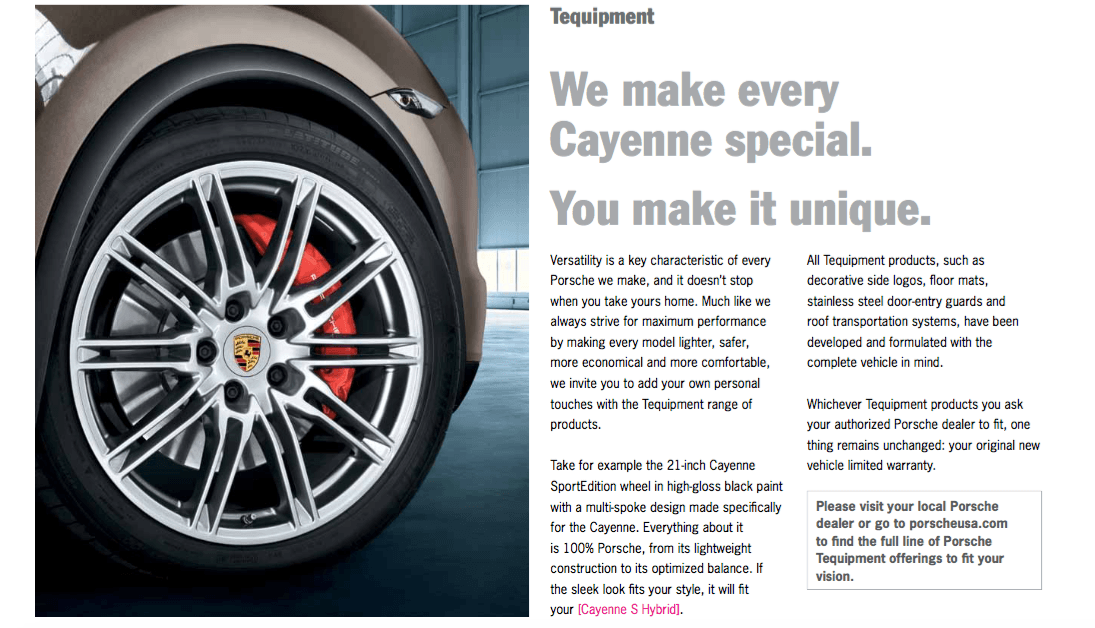We caught up with the brilliant and insightful Derek Lawler a few weeks ago and have shared our conversation below.
Derek, thanks for joining us, excited to have you contributing your stories and insights. It’s always helpful to hear about times when someone’s had to take a risk – how did they think through the decision, why did they take the risk, and what ended up happening. We’d love to hear about a risk you’ve taken.
In 2011, after almost 8 years as a copywriter at two different advertising agencies, I made the decision to throw caution to the wind and venture out on my own as a freelancer. I said goodbye to the steady paycheck. The 401k matching. The holiday bonus. The pretty sweet selection of free food in the kitchen. The security of knowing that there was money coming in for doing something I genuinely liked doing.
On the flip side, I also said goodbye to the constant travel and office politics. Sitting in traffic for two hours every day. Early mornings checking emails, meetings all day (including the dreaded “lunch and learn”), then actual creative work late into the night. I wanted to make my own hours as I tried to make my own way. It was a very scary decision. Thankfully, with a little bit of luck, a lot of hustling and a tremendous network of friends in the industry, I’ve been self-employed as a freelance copywriter now for over 13 years.
Of course, I’m always learning ways to be better at it. And there are going to be times when the work just stops and you never know when it will start again (these times usually coincide with costly life moments like your car breaking down or your dog tearing an ACL), but I never once regret my decision to try building something for myself. Because, as a good friend and accomplished freelancer once told me, “You won’t know if there’s a safety net there unless you jump.”

As always, we appreciate you sharing your insights and we’ve got a few more questions for you, but before we get to all of that can you take a minute to introduce yourself and give our readers some of your back background and context?
When people ask what I do, I say “copywriter”, but usually have to tack on that “I make ads.” That’s the most basic way to describe it. Plus. it’s way faster than saying “I come up with ideas and words for individual advertising pieces and huge, complex campaigns in a range of deliverables that includes everything from websites, social and email to print, billboards, radio and event experiences.”
I actually got started in this career because I wanted to be a radio DJ. In college, that major required a scriptwriting class. After digging in and writing some radio ads, I realized that this was something I enjoyed doing. Plus, it was probably going to be a better career option than getting into radio.
What am I most proud of? Looking back on my career so far, it’s probably the relationships I’ve formed through my work. The fact that people I’ve worked with want to continue relying on me to create things for their clients is definitely a source of pride. But if I had to go with the non-sappy answer, it would be directing Drew Brees for a Verizon ad, working with Christopher Nolan’s production company to create an intricate online backstory for Inception or appearing in a Zaxby’s ad dressed up as a giant chicken.

Can you share a story from your journey that illustrates your resilience?
A few years into my freelance journey, work had begun to get a little light. I could usually budget better for a while, dip into savings and ride it out until I started booking more work. That was the plan, at least, until the transmission in my car decided it was headed to that big junk heap in the sky. The mechanic told me the news that I’d need a brand new transmission. I walked back to the car of my then-girlfriend (now wife). After telling her the news, my car wasn’t the only thing that had broken down. I’ll freely admit that I started crying thinking about the fact that my bank account was fully wiped out and I didn’t know what to do.
But after a few minutes of feeling sorry for myself, I changed my mindset completely. This wasn’t going to be what forced me back into a full-time corporate job. I was going to use this moment as motivation to hustle harder, push myself to find work in new ways and build an entirely new base of potential agencies to work with. It wasn’t easy, but that’s exactly what I did. I went on to have some of my most successful years yet and still look back on that moment as a reminder that I can always get through the rough times if I commit to making positive change happen.

How can we best help foster a strong, supportive environment for artists and creatives?
Support local creative endeavors.
Go see a band from your town that’s playing to an empty room on a random Tuesday night. Donate to schools or programs near you that support kids in creative endeavors. Find authors from your area and buy their work at the bookstore down the street. Frequent businesses that have open mic nights or feature local art on their walls. The more we show local creative communities that the world is a better place because they’re putting themselves out there, the more enriching our world will be as a whole. Because for a lot of people, these are the outlets that help them grow and become better people.
Contact Info:
- Website: https://www.dereklawler.com
- Linkedin: https://www.linkedin.com/in/dereklawler/
- Twitter: https://x.com/RowdyBowden
- Other: https://www.tiktok.com/@recordrandomizer?lang=en




